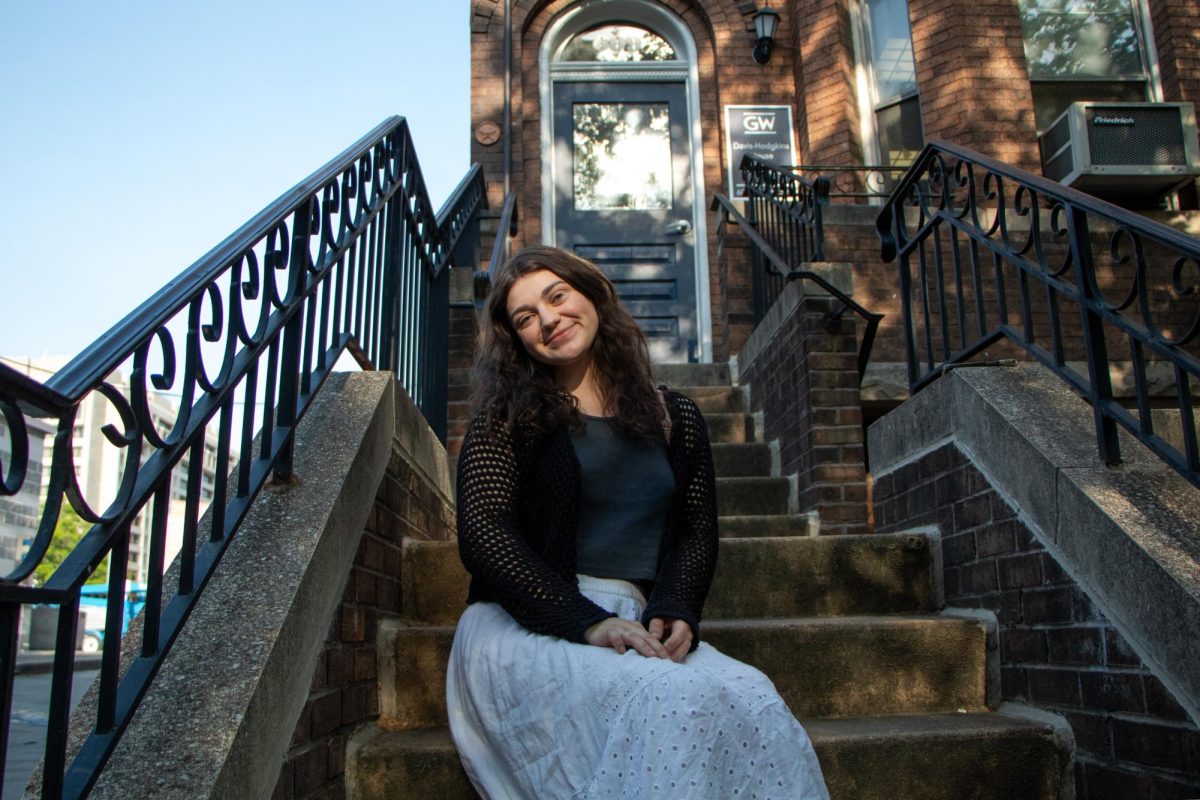On a college campus like GW’s, it’s expected that students will be loud and boisterous. Students love a good party on Friday nights, even if the noise is bound to upset the locals.
Conflict between University students who live off campus and local residents is nothing new. It’s a problem that persists across all college towns. But at some point, enough is enough.
Last week, an off-campus student threw a beer can at a permanent resident. And that was not the first time locals have reported disruptive and disorderly behavior. In response, some neighbors have compiled a list of apartments and townhouses where so-called noisy students live, and they plan to give that list to the University.
Foggy Bottom’s permanent residents are justified in their complaints. We all know it is ridiculous to fling beer cans, destroy private property or host the entire student body in a one-bedroom apartment.
But to compile a list of residences unfairly places all students in the same group. Not everyone is reckless, and the group as a whole should not be treated as such.
Instead, there are other, more productive means to deal with residents’ grievances. Just talk to your neighbors if you have an issue with their behavior. We’re all grown-ups – though students may not always act like it – and open lines of communication will ensure everyone’s needs are met.
The University should not have to serve as a mediator for these kinds of conflicts. Off-campus noise complaints are outside the University Police Department’s jurisdiction, and it should gear efforts toward enforcement and protection on campus – not off campus, where UPD’s presence is neither appropriate nor warranted.
Permanent Foggy Bottom residents should treat student neighbors just like any other neighbors. And the neighbor-to-neighbor relationship could be further strained if the University intervenes and patronizingly hands out pamphlets on proper behavior.
Regardless of our status as students or professionals, we all live here. We pay rent. We take out the trash. We have jobs and obligations. We are all residents of the District, and nobody should be treated differently from anyone else.




